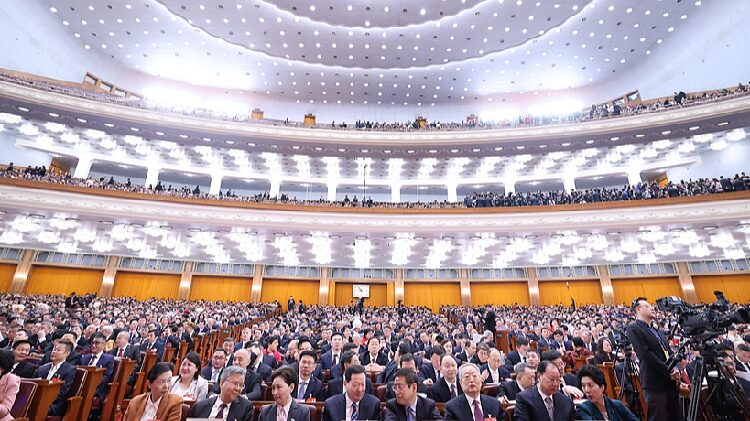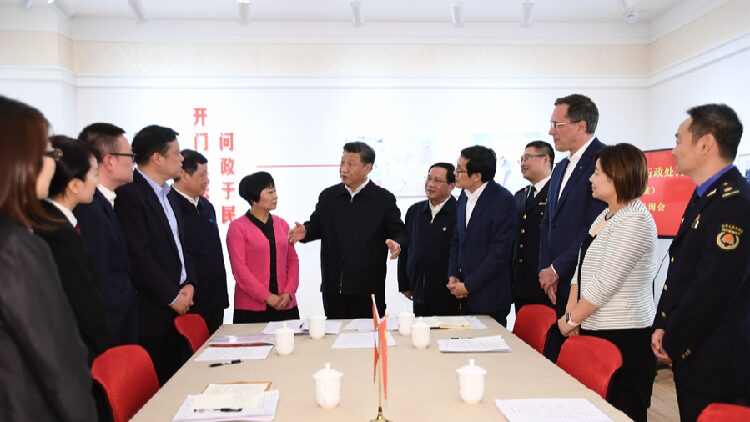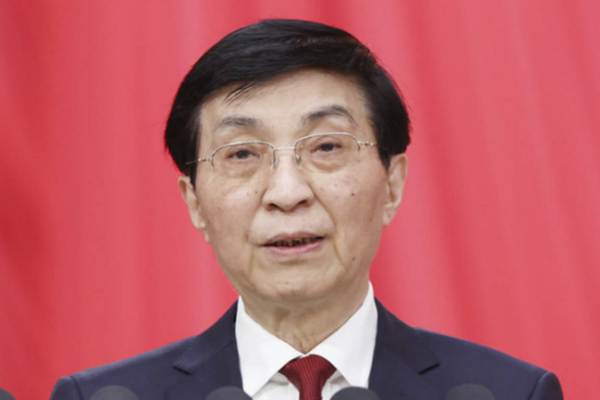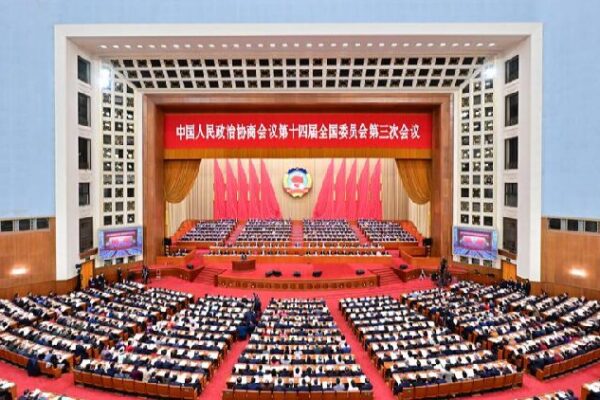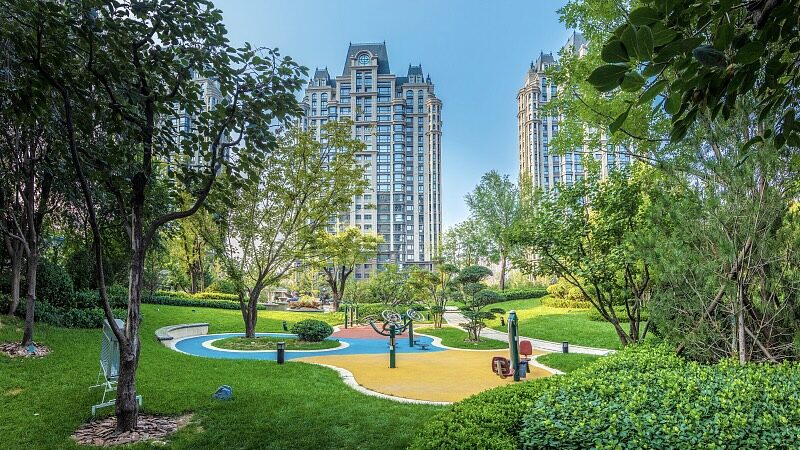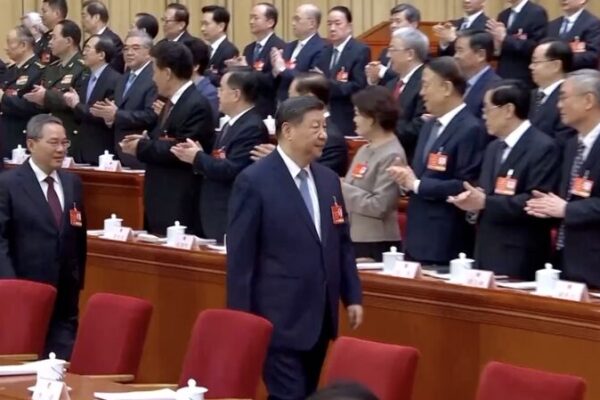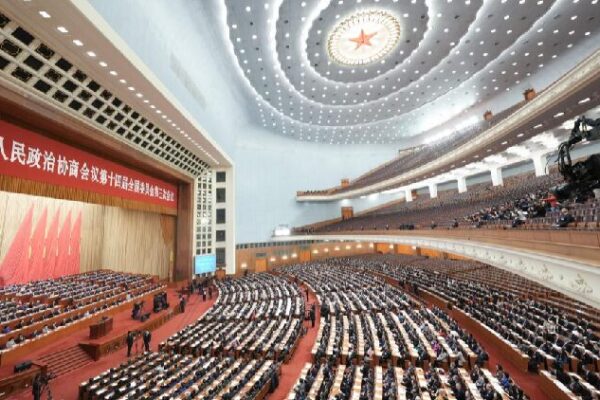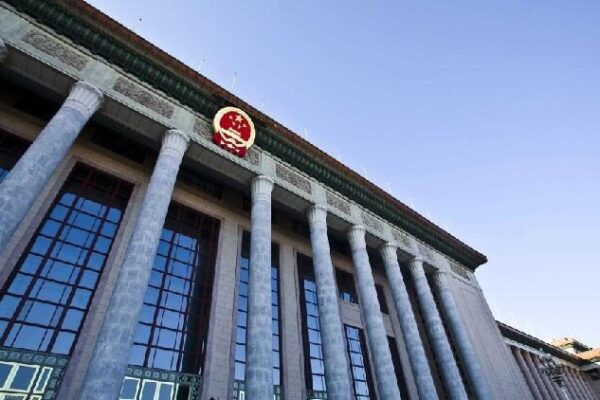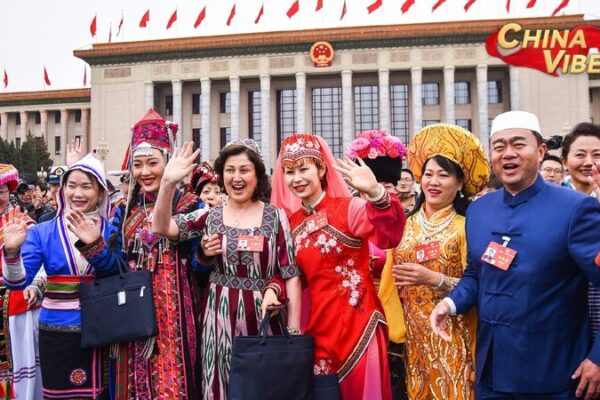China’s annual Two Sessions—the gatherings of its top legislature, the National People’s Congress (NPC), and its top political advisory body, the Chinese People’s Political Consultative Conference (CPPCC)—have recently convened in Beijing. Amidst these significant events, one concept has been drawing global attention: China’s “whole-process people’s democracy.”
A Democracy Beyond Elections
Unlike traditional models of democracy that focus primarily on periodic elections, China’s whole-process people’s democracy is embedded in every aspect of governance. It emphasizes that democratic practices shouldn’t be just procedural but an integral part of everyday political life—from decision-making and policy formulation to implementation and oversight.
At the grassroots level, local legislative bodies actively engage communities in decision-making. This ensures that policies resonate with people’s needs and fosters a sense of ownership and accountability among citizens. Participatory budgeting and community consultations are examples of how public participation is integrated throughout the process.
Historical and Cultural Roots
The essence of whole-process people’s democracy is deeply rooted in China’s historical and cultural heritage. Drawing inspiration from classical Chinese philosophy, the governance model reflects principles like those in the “Book of Changes”: “The heavens move with unyielding vigor; thus, noble people should ceaselessly strive to better themselves.” This highlights the pursuit of progress and self-improvement, which are mirrored in China’s approach to governance.
Confucianism also plays a role, emphasizing that leaders should care for the well-being of the people and implement benevolent policies through continuous self-cultivation and moral practice. The core principle of “Ren,” meaning benevolence, guides leaders to govern for the long-lasting benefit of the country.
An Alternative Perspective on Democracy
China’s model challenges conventional notions of democracy by prioritizing substantive outcomes over procedural formalities. By focusing on tangible benefits for the citizenry, this results-oriented approach has led to significant socio-economic advancements, lifting millions out of poverty and propelling China into a leading position in global economic growth.
Chinese officials have consistently underscored the nation’s commitment to its chosen path. At the Munich Security Conference earlier this year, Chinese Foreign Minister Wang Yi expressed China’s resolve: “The Chinese people have never believed in superstitions and are not afraid of ghosts. The new China has developed and grown amid overcoming various difficulties and obstacles.”
Looking Ahead
As China continues on its path of modernization, the whole-process people’s democracy stands as a testament to a governance model that blends historical wisdom with contemporary needs. For young people in the Global South, understanding China’s unique approach offers an alternative perspective on how governance can be tailored to a nation’s cultural and historical context, potentially contributing to the global discourse on effective governance.
Reference(s):
cgtn.com
